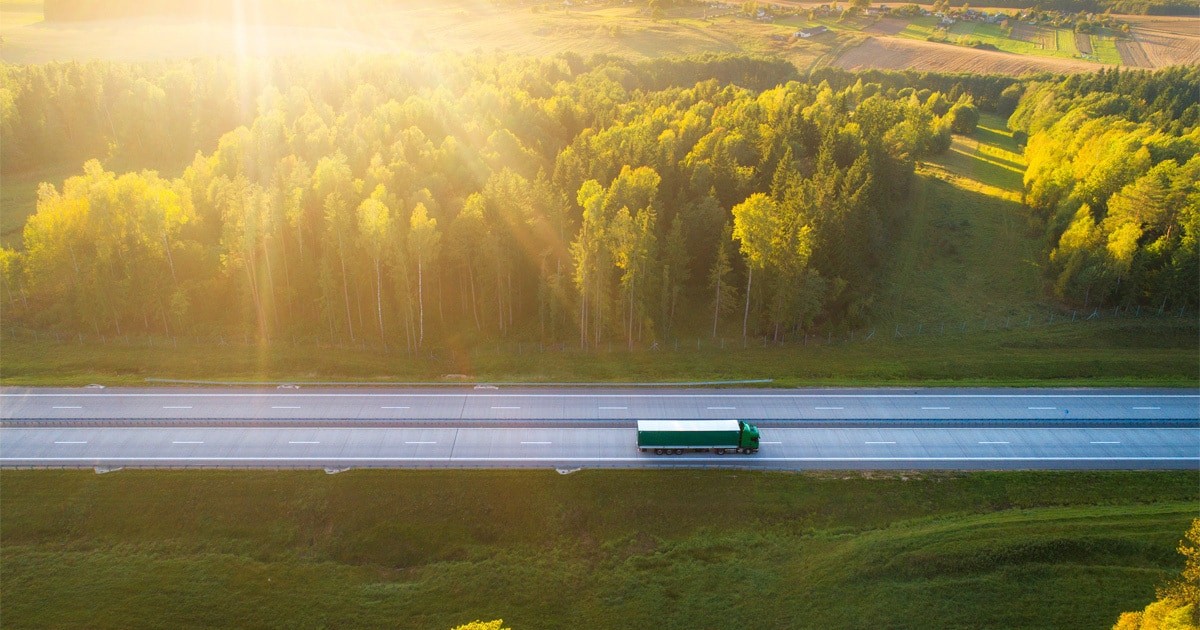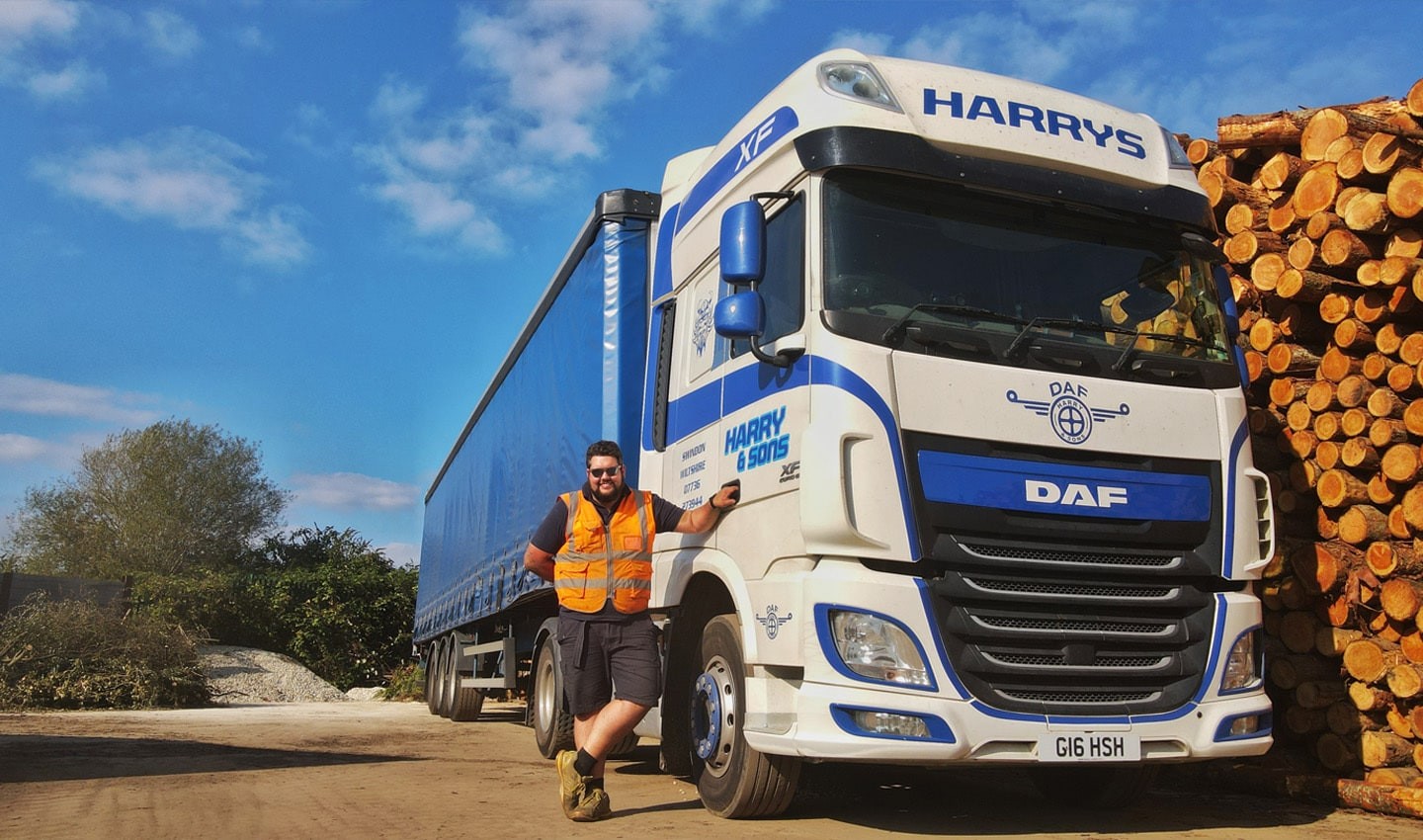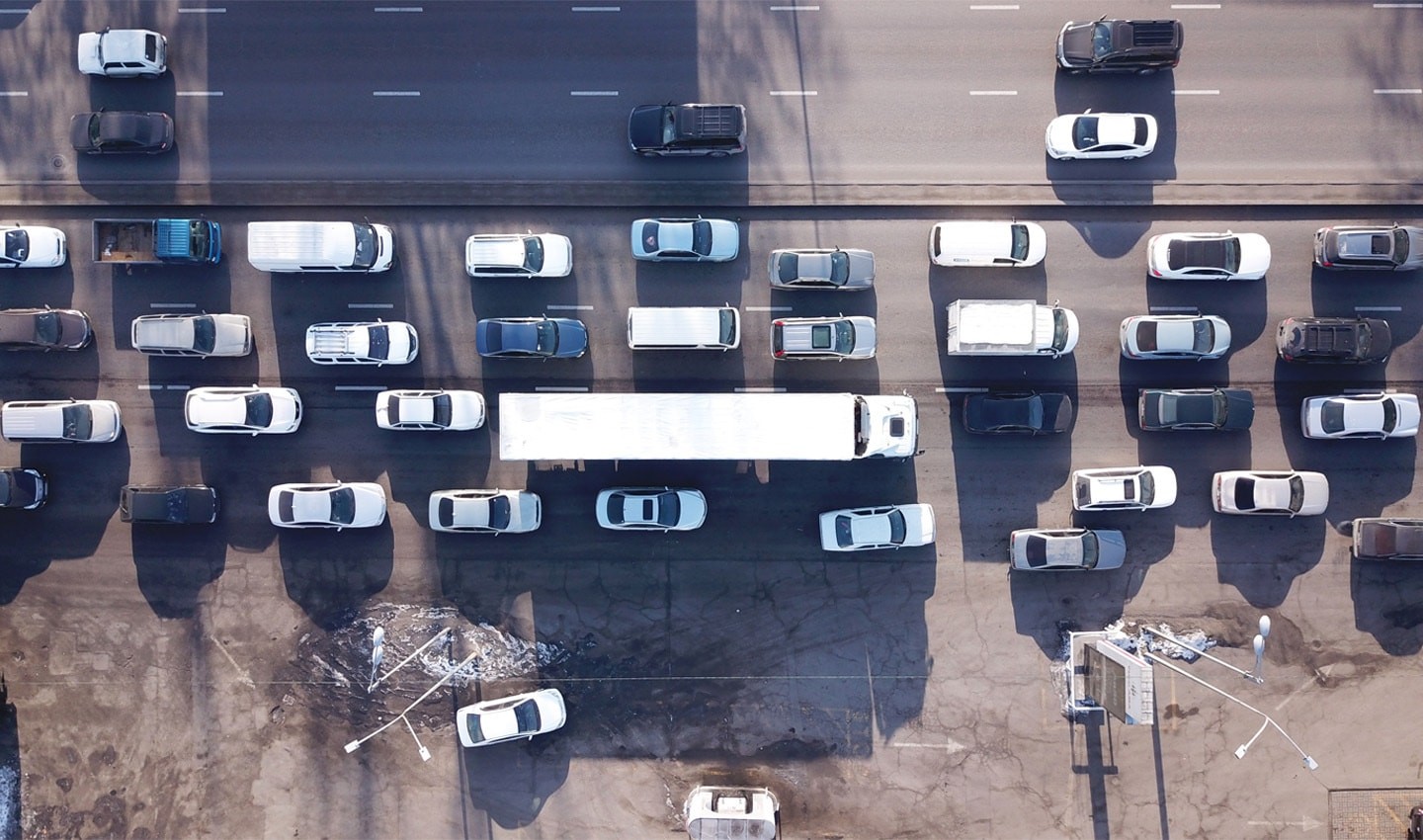The life of a trucker: What's it like being a professional driver?
&w=256&q=90)

If there were no truck drivers, grocery store shelves would be empty, gas stations would run out of fuel and our online shopping orders would never arrive. Nearly every aspect of daily life is made possible because a trucker delivers the goods people need.
There’s been increasing attention given to truck drivers in the past year, especially after UK truck drivers organized a nationwide strike on August 22, 2021 over pay and working conditions. Dwindling numbers of truckers impacted numerous supply chains and led to a fuel shortage in Britain.
Indeed, truck drivers are facing increasing demand, especially in Europe, where various countries have seen thousands of their drivers strike much like those in Britain did. Which, in the face of a post pandemic world, ravaged supply chains and various shortages of raw materials, hasn’t helped.
It’s important that we remember these hidden workers behind our stocked grocery shelves and give them the respect and appreciation they deserve! So, we spoke to two truckers to find out what life on the road is like.
Luke Cuss and Scott Andrews are UK-based truck drivers. Luke is a third-generation trucker and has been on the road since 2016. Scott, who is in his twenties, drives all over the country. Both share the ups and downs of being a trucker on their social media, but we wanted to know more.

UK based truck driver Luke Cuss has been on the road since 2016.
Identifying areas that need attention
“As a trucker, your day usually starts first thing in the morning, before daylight has broken”, Cuss tells us. “You must make sure the truck is roadworthy, and the load is securely strapped down and then complete other checks before eventually hitting the road”.
Discussing his long hours, Andrews said, “When I'm on the clock, it's full steam ahead for most of the day. My shifts tend to be between 12 and 14 hours long.”
Many drivers work in general haulage, which means their loads—and routes—vary massively from day to day. Deliveries can include food and drink one day, medical supplies the next, construction materials the day after that. Somedays it’s even exotic cargo, like speedboats! In short, if it fits on the truck, drivers will move it.
There’s a lot of freedom
One of the best things about being a trucker is getting paid to travel the country. And when you’re rolling down the highway, you never have to worry about someone looking over your shoulder. It’s just you, your truck and the open road.
Andrews says the fact that he can spend days in his own company is a unique freedom for truckers, his job taking him anywhere in the UK on a moment’s notice is liberating.
“I just enjoy the freedom more than anything,” said Cuss. “It’s nice to be paid to look out the window all day!”
Truckers drive differently than the rest of us
Driving a heavy multi-axle vehicle is not at all like driving a car. To be a great trucker, you obviously need excellent driving and parking skills. To move around traffic and tight roads in busy cities takes an immense amount of concentration, awareness and technical skill. Driving a truck through a city becomes an art form.
“To be a truck driver you have to be very observant”, said Cuss, speaking of the responsibilities truckers take on when behind the wheel. “I genuinely believe that truck drivers read the traffic ahead far better than any motorists.”
It’s also essential to have good intuition. You need to be able to anticipate what other road users will do before they do it. And then you must react fast to stay safe on the road.
Cuss recalls a time where his intuition prevented an accident and saved a life, “Just a few days ago, I had a lady and her dog walk out onto the road in front of me causing me to make an emergency stop. The lady walked out in front of me and I very nearly killed her. If it wasn’t for my fast reactions and observation of the potential hazard before it even happened, I may not have stopped.”

It’s essential for truck drivers to have good intuition and fast reaction times.
But their work isn’t always appreciated
Without trucks and drivers, all kinds of vital supplies would never reach their destinations, as we’ve seen recently in the UK. However, despite all this, truckers often aren’t well respected.
“I recently went to four separate farms, delivering vital seeds for the next harvest, but to get there I needed to go down single-track lanes. Obviously, that upset a few locals, but they don’t understand how important that delivery is”, Cuss said.
Indeed, if you’ve ever followed a truck down a country lane, you'll know the frustration when you’ve got to be somewhere. But that truck is driven by a person trying to do their job.
“People tend to think of a truck as a machine that runs 24/7 to service them. They forget there is a human behind the wheel with a family,” said Andrews.
The next time you’re stuck behind a slow-moving truck on the road, remember that. It takes hard work to keep those big wheels turning and the goods inside moving safely to their destination. So here’s to truckers – one day really isn’t enough to say thanks for all the good that they do!
If you want to follow Luke and Scott's journeys, check out their social media accounts.
Luke CussYou can find him as @lukecinahgv on Facebook, Instagram, and YouTube.
Scott AndrewsYou can find Scott on his YouTube channel (ScottAndrews) or on Facebook and Instagram, where he goes by @ScottAndrewsUK.
People also read
)
What is automatic emergency braking?
)
The Boise boom: How mapmakers keep on top of boomtowns
)
How location data can help emergency responders get to incidents quicker and save more lives
* Required field. By submitting your contact details to TomTom, you agree that we can contact you about marketing offers, newsletters, or to invite you to webinars and events. We could further personalize the content that you receive via cookies. You can unsubscribe at any time by the link included in our emails. Review our privacy policy.